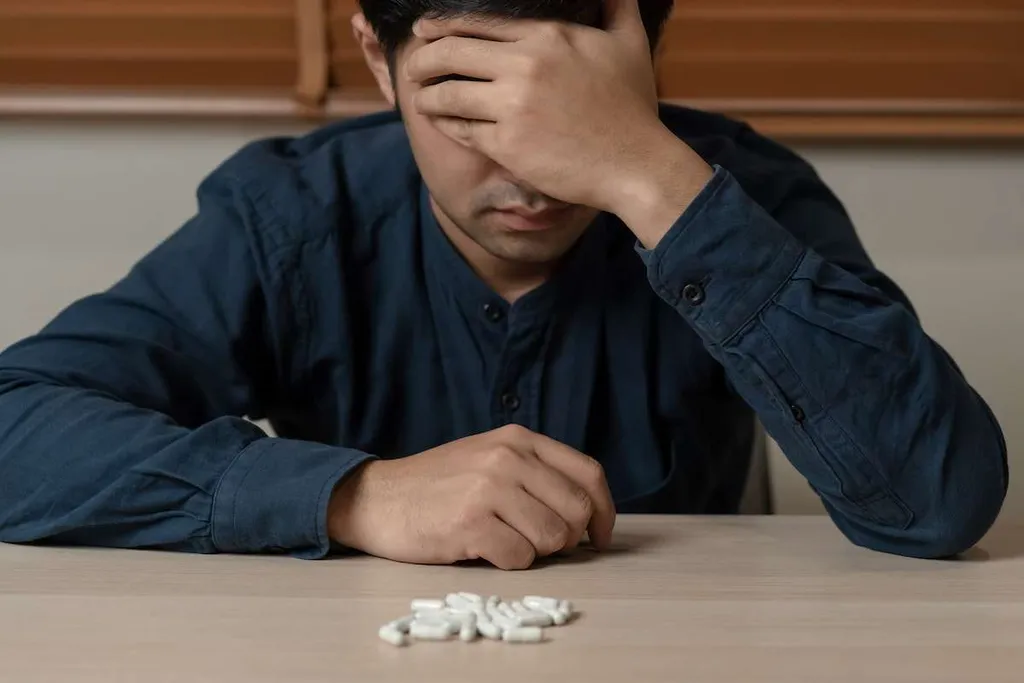
Give 20mg diazepam by mouth every 1-2 hours until symptoms are controlled and AWS score is less than 5. As for management of mild alcohol withdrawal, with diazepam as in Table 11. In the first instance, attempt behavioural management strategies as shown benzodiazepine withdrawal in Table 2 (page 33). If this does not adequately calm the patient, it may be necessary to sedate him or her using diazepam.
Factors That Can Affect Benzodiazepine Withdrawal

Occasionally another drug might be indicated (see section on adjuvant drugs, below). Even individuals who take benzodiazepines as prescribed can experience withdrawal symptoms when they stop taking the drug. Dependence is not just a result of misuse; it can also occur with regular, therapeutic use over time.

Stabilisation and maintenance therapy
- Only in withdrawal do they realise how much their senses have been obscured by benzodiazepines.
- Such measures may give only temporary relief at first, but if practised regularly can speed the recovery of normal muscle tone – which will eventually occur spontaneously.
- There is scientific evidence that reinstatement of brain function takes a long time.
- Some doctors advocate the use of “escape pills” (an extra dose of benzodiazepines) in particularly stressful situations.
- Short-acting benzodiazepines, like triazolam, pass quickly through the body, so you’ll likely experience withdrawal symptoms sooner — sometimes within a matter of hours.
Benzodiazepine withdrawal syndrome is a complex physiological and psychological process that occurs when an individual who has taken the drug for an extended period either reduces the dosage or stops its consumption altogether. The symptoms of withdrawal are the body’s response to its dependency on the substance and its sudden absence from the system. In some cases, especially with high doses or in elderly patients, benzodiazepines can lead to respiratory depression, a potentially life-threatening effect. When combined with other central nervous system depressants, such as opioids or alcohol, benzodiazepines can heighten the risk of overdose. Benzodiazepines, frequently prescribed for anxiety and sleep disorders, can be misused or taken recreationally. Some individuals seek the sedative effects, often at high doses, which escalates the risk of addiction.
Are you in benzo withdrawal?
These symptoms “rebound” because the disorders were present before the medication. With that Substance abuse in mind, doctors do not recommend detoxing from benzos at home. Without medical intervention, there is an extremely high risk of suffering from the negative consequences of benzo withdrawal.
- The benzodiazepine withdrawal timeline is a testament to the drug’s potent impact on our brain and body.
- Contact your doctor for advice if you have been taking benzos for a prolonged period.
- Whether used as prescribed or misused, the path to benzodiazepine dependence can lead to a challenging withdrawal process that demands attention, care, and informed strategies for safe discontinuation.
- The evidence-based literature does not use this terminology, but does speak to spikes in severity of symptoms .
- A frail 70 year old with falls prescribed flunitrazepam as a sedative hypnotic for 20 years requires a different management approach from a 25-year-old intravenous drug user buying street alprazolam.
